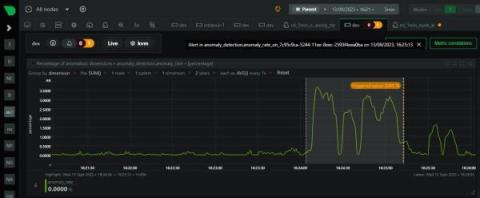Monitoring Machine Learning
I used to think my job as a developer was done once I trained and deployed the machine learning model. Little did I know that deployment is only the first step! Making sure my tech baby is doing fine in the real world is equally important. Fortunately, this can be done with machine learning monitoring. In this article, we’ll discuss what can go wrong with our machine-learning model after deployment and how to keep it in check.






